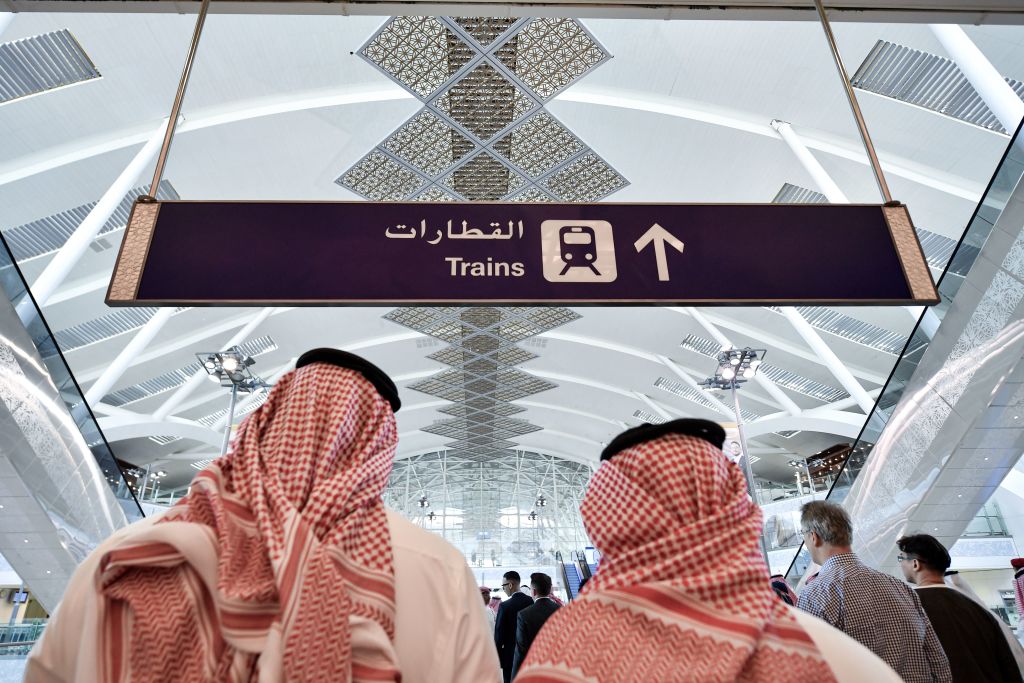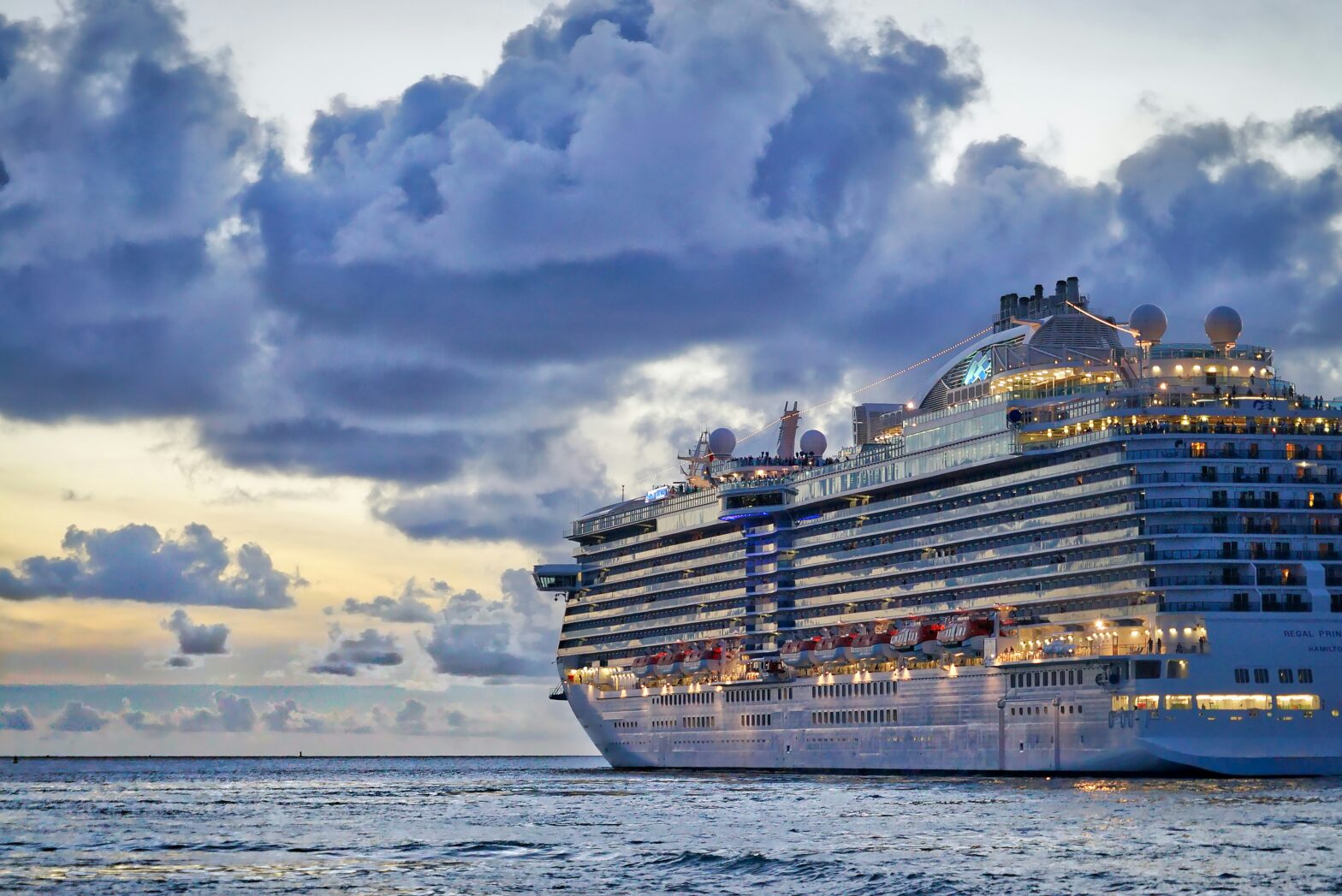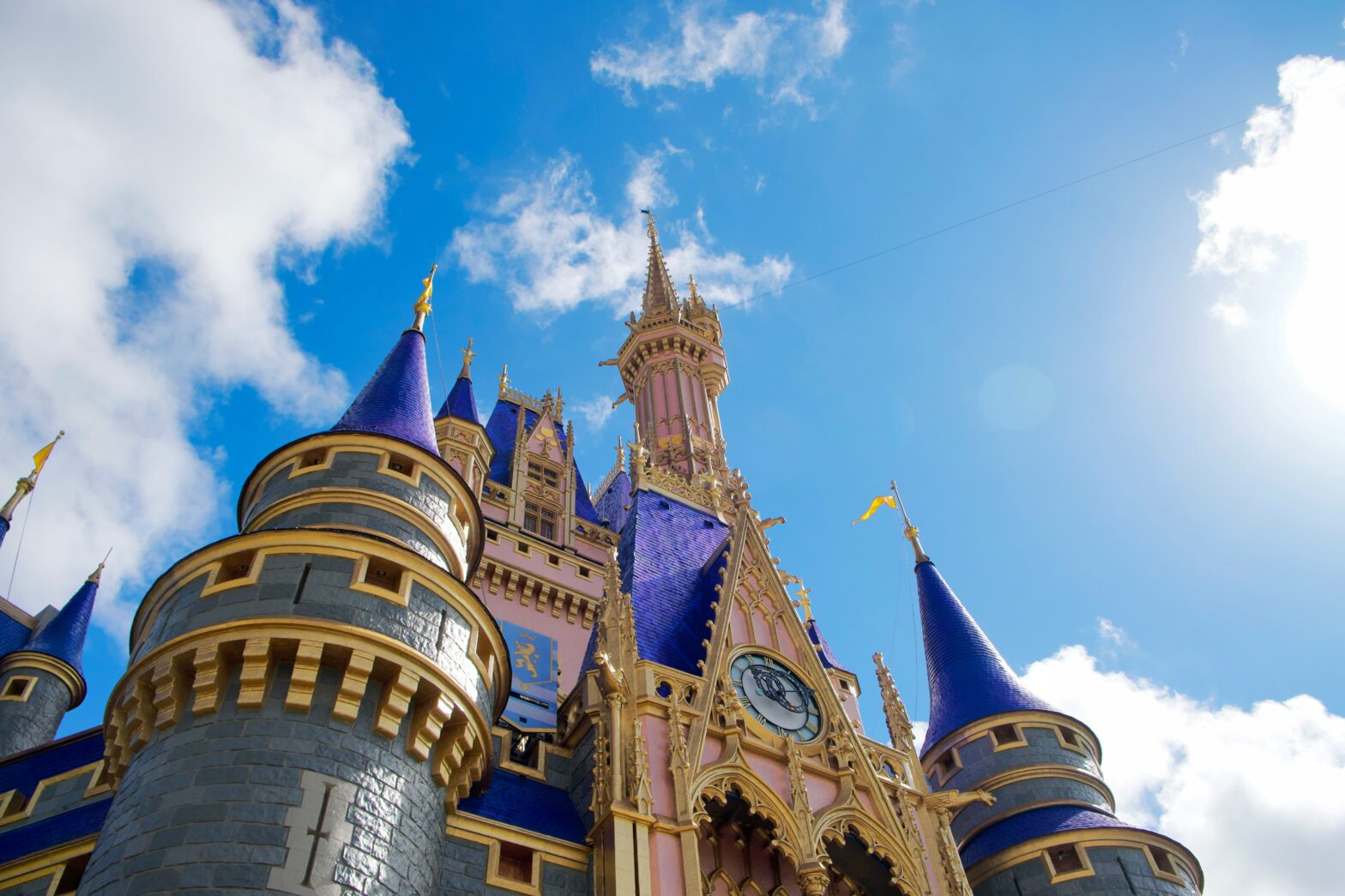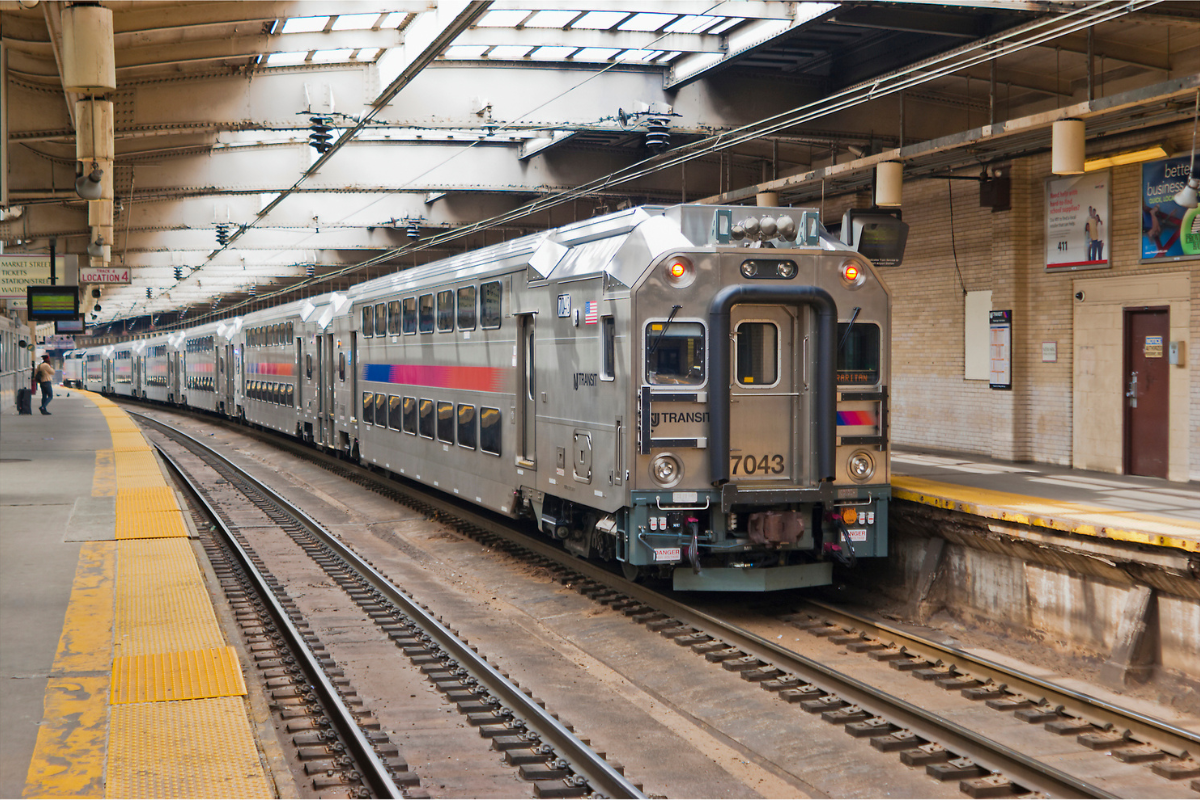Could Saudi Arabia be the next big tourist hot spot? Work is underway to ensure that this is exactly the case within the next few years.
Through the Saudi Vision 2030, Saudi Arabia hopes to transform itself into the next hub for tourism in the region. According to the Travelling Lifestyle “The Saudi Vision 2030 is a strategic framework to reduce Saudi Arabia’s dependence on oil, and diversify its economy”. The Saudi Vision 2030 hopes to use tourism as one of the sectors to diversify the economy. That being said, the Saudi government will spend $1.3 trillion to achieve its goal.
The kingdom of Saudi Arabia is betting on it’s ability to attract high-skilled foreigners as it looks to overtake Dubai as the Middle East’s commercial hub.
Related: Where To Enjoy A Luxury Vacation In The Middle East Beyond Dubai
What’s to come:
Saudi Arabia has several mega projects that it will use to help attract more tourists. The Red Sea project was announced in 2017. It is set to launch by the end of 2022, offering visitors grand luxury and sustainable tourism.
Historic sites are also being redeveloped in a bid to capture more tourists’ attention. Most notably, the Saudi tourism authority is currently featuring an inductee to UNESCO’s world heritage-recognized sites, namely the 6,000-year-old oasis of Al Ahsa.
There have been numerous social changes to allow tourists to feel welcomed to the country. One of these changes includes allowing unmarried couples to book a stay at any hotel in the country. Women may now also visit the country without a male guardian. This attracts more solo women travelers to the country. Women are not required to wear a burqa/veil during their visit and following the law allowing women to drive, they can also rent cars during their stay.
Tourism boost:
As part of plans to diversify economic income beyond oil, Prince Mohammed wants to attract 55 million international and 45 million domestic tourists annually by 2030. This ambitious number is just over half the number that visited France, the world’s most popular destination, in 2019. Nearly 3.5 million foreigners came last year—excluding religious pilgrims—and 6.1 million in the first half of 2022.
The hospitality sector is also undergoing intense redevelopments to cater to the expected influx of travelers.
Hotel chain Radisson Hospitality Inc., which has 26 properties in Saudi Arabia, now plans to open 20 more within the next three years. Hilton Worldwide Holdings Inc. desires 75 more in a decade, adding to its existing 16.
New tourism law:
There has also been a new law put into place which prohibits “damaging the reputation of tourism.” In all of it’s vagueness, it is a shadow of Saudi Arabia’s already dark human rights record. Between the 2018 killing of dissident journalist Jamal Khashoggi and several women’s rights activists being jailed, the country has a reputation that has long discouraged western tourists.
The hope is that in the next decade, the perception of Saudi Arabia will have changed and be reimagined as a welcoming, booming country for travelers around the world.





